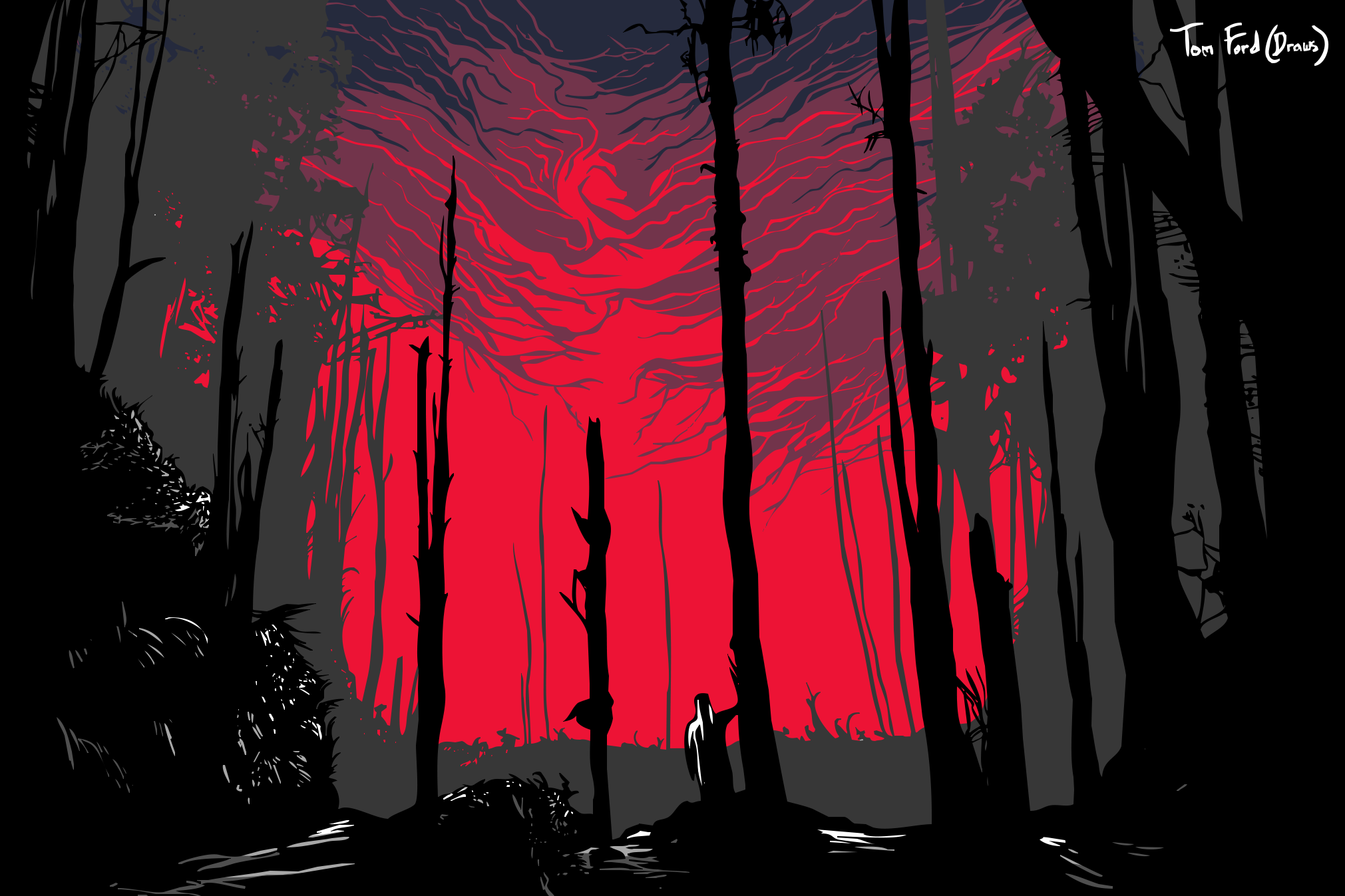Forgotten Women: Attacked, raped and made a refugee during the Kosovo war, a woman’s life 20 years on
The latest in Lucy Anna Gray’s series on the ordinary lives of extraordinary women looks to Kosovo to hear the harrowing tale of a survivor of rape at the hands of the military, and how that changed her life forever


Sihana was in a house full of children and women when she was raped by a member of the Serbian paramilitary. The men took five of the younger women into separate rooms; one of them had given birth just four days before.
“They raped us until they’d had enough. The children were screaming, the old women were screaming, we were screaming,” Sihana says.
The Kosovo war ended 20 years ago, but its effects are all too present for this young nation. Approximately 20,000 women and girls were raped during the 14-month conflict; thousands of people remain missing – both Albanian and Serbian – with multiple mass graves uncovered over the last two decades.
Sihana – whose name has been changed to protect her anonymity – is sharing her story publicly for the first time to show her experience, and that of thousands of other women, must not be relegated to the past.
****
A Kosovo Albanian Muslim, Sihana enjoyed a happy – albeit financially difficult – upbringing. She was 28 when war broke out. Married with three children, her life soon spiralled out of control. Despite her husband being an educated man, he struggled to get work as institutions began to close. Money dwindled, so they sold wood to survive. “The liberty was getting smaller and smaller, there was no normal life leading up to the war,” Sihana says.
Throughout the Eighties and Nineties, there was a gendered and sexually overtoned propaganda campaign against Kosovo Albanians, according to Dr Anna Di Lellio, a research and policy analyst specialising in the Balkans.
“Albanian women were called washing machines for being ‘oversexed’ and having too many children,” Dr Di Lellio says. “There was huge fear of Albanian men raping Serbian women in the propaganda, although there’s never been any evidence of intra-ethnic rape in this way.” With years of such rhetoric, “it really makes a lot of sense what happened there”, she says.
On 15 January 1999 – after years of heightened tension and conflict in the region – Serbian forces attacked the village of Racak in Kosovo, killing 45 Albanian citizens. The following month war officially began.
“When the war broke it was a catastrophe,” Sihana says. Thousands of people were killed – Serbians and Albanians alike – and properties were burnt to the ground. Similar to Bosnia and Rwanda, a strategy of ethnic cleansing began, with rape used as a tool of war.
Dr Di Lellio says: “These were army-organised groups, state armies, that had permission to clear the territory from a particular group and to do that violently, and by terrorising them.”
Sihana’s village avoided direct attack for more than a year. Refugees from areas not so fortunate would flee to her village, arriving with no food and nothing to wear. Sihana and her family would share what little they had, living in constant fear that they would be next.
“The attacks were random, nobody knew why one village would be attacked,” Sihana says.
Nato intervention came in March 1999; the beginning of a three-month bombing campaign against Serbia. “When the bombing started at first we felt safe – liberty was starting to arrive,” she says. But within weeks the Serbian soldiers came to Sihana’s village and moved everyone out. They were forced out of their houses; there were beatings, possessions were destroyed, people were shot.
They were taken to the woods and ordered to stay in a makeshift tent. More than 100 people were forced to stand and wait under the plastic sheet, Sihana says. “In that tent, there were wounded people, traumatised people who had seen all that violence. During the night we tried to feed children with what we had in our hands, but the whole night there was shooting, shouting.” In the morning, with no explanation, the group was moved back into the village. On the way they collected the dead and buried them. “That night was silent.”
The soldiers kept returning, asking for gold and supplies. Eventually Sihana ran out of things to give, so her husband and the other men were rounded up and beaten while the women looked on. “My baby was in the cradle, and the military kicked it and he cried for two hours. They wouldn’t let me pick him up.”
It wasn’t until night fell that they were certain the military had left, so the men fled to the woods.
“There were four married women and one unmarried sister, and two elderly women, and eight children,” Sihana says, speaking fast and loud. “The old lady tried to protect her daughter-in-law but they beat her with a gun barrel. They kicked the old lady, and they took each of us younger women into different rooms, and raped us, until they’d had enough.”
The men returned the next day and decided they must all leave to prevent the women from being raped again. “They said it would be better if they’d killed us than what had happened the day before. We’d lost all our dignity.”
The journey was extremely difficult for the group. One of the women had given birth just days before – “the women were bleeding, they were in a lot of pain, there was no food to feed the children. I wished I was dead.”
They were eventually allowed into a nearby city, and were there for two months while the Nato troops came in. During this time they found out one of the women was pregnant from the rape.
“It was a big happiness when the Nato troops flew in, because it was chaos before that. You never knew if the same is going to happen again, or if they are going to come and stab you, use their knives on you.”
The woman translating Sihana’s story, Iliriana Jaka Gashi, the director of Women For Women International in Kosovo, interjects with her own experience of war: “I can add to this because I was a refugee. We had started to say, a bullet is a clean thing. If you can get a bullet, you would die happy. It was difficult because they’d come to your family members in front of you, cut their eyes out, cut fingers, cut arms.”
Sihana and her family eventually returned home, although most of the buildings had been destroyed.
“Still every time I saw Nato soldiers, the uniform, I was shaking. They came and asked my husband, ‘What happened to your wife, why is she so afraid?’ He would reply: ‘She has seen many terrible things.’”
The Kosovo war ended in June 1999 but, as with every conflict, war does not necessarily end when the fighting stops.
“It’s been 20 years, but it is a wound that never heals,” Sihana says. Now 49 years old, Sihana lives with her husband and five children, but stresses her life will never return to how it once was, particularly her marriage.
“It’s a feeling on both sides – by husbands and by us – it’s never, ever the same feeling. Sometimes, when you are in the best moments, when you feel a lot of love for your husband, the memory comes back, and it’s never anymore the same … it’s not like living.
“There were so many people that were killed and massacred, but still I wish I was dead. I wouldn’t live with this burden.”
Some women who experienced sexual violence during the war were not able to stay with their families. American-Albanian lawyer Elizabeth Vulaj says: “Many women who were survivors of rape during the Kosovo conflict were left by their husbands, a lot of young teenage survivors were ostracised by their parents because of the stigma and shame brought upon them.”
It is thought 20,000 women and girls were raped in the war; a rough estimate based on interviews with refugees in camps by the Centre for Disease Control of Atlanta in the summer of 1999.
It has taken a long time for rape to be seen as a tool of war rather than a byproduct of it, Elizabeth Vulaj says. However, steps have been taken in recent years, such as pensions for survivors of sexual violence as civilian victims of the war. The initiative was raised in 2014, but only came into effect towards the end of 2018, with those registered receiving a monthly payment of €230.
Dr Di Lellio says: “Rape in Kosovo has been internationally silent … with this new law that provides pensions, there are now about 600 women who have registered … it’s a tiny number because a lot of people are still even afraid of putting their name on a private list.”
Sihana has been getting the payments for several months now. “It’s been easier since I get the pension, because I can pay for medication … Sometimes when I need to go out – when I feel truly broken – I have enough money to get a coffee with someone, just enough money to get out of this world.”
As with the other former Yugoslav territories, achieving justice for victims of war is incredibly complex. Research done by Dr Anna Di Lellio highlights the disappointment of women in achieving accountability and justice, particularly in relation to trials. “A few women went to testify at the Hague … and their identity was revealed to the press – and that was the end of it, nobody else wanted to testify.” She also claims there are numerous instances of women going through trials to speak out about alleged rapes, but convictions not made due to lack of evidence or witnesses.
She adds: “Kosovo Albanian women don’t want to meet Serbian victims of rape either ... they don’t think about the fact that they might have had the same experience as them, and so you have two categories of people in Kosovo who never ever share their experiences.”
Sihana is angry that “no one has been punished” for what happened to her, but has been taking steps to move on with her life.
The Women For Women International programme has been running in Kosovo for 18 years, with Iliriana Jaka Gashi at the helm for the last six of them, and has worked closely with Sihana and the other women raped on that day in 1999.
“When they came to us, it was a story they had never shared. In fact, her parents’ side still don’t know what happened. We go to the village whenever they need us and help them apply for things. We cannot take away their pain – but we try to help where we can.”
Sihana used the programme sponsorship money to build a greenhouse. By selling the produce, she expanded, bought a cow, and sold milk locally. But in 2014 she fell ill and is still unable to work. “My husband is a hardworking man, but he had a heart attack three years ago. He continues to work, but he struggles.”
Sihana makes it clear she is not alone in still reeling from the war. “I think I have a very similar life to 20,000 women that were raped. I know there is no more pleasure in life for those women.
“I just hope that my broken heart will be healed. I just hope that I never hear that a woman has been raped again. It’s not an argument that one can have – it’s a fact. Women are not protected. It happened because we were not protected.”